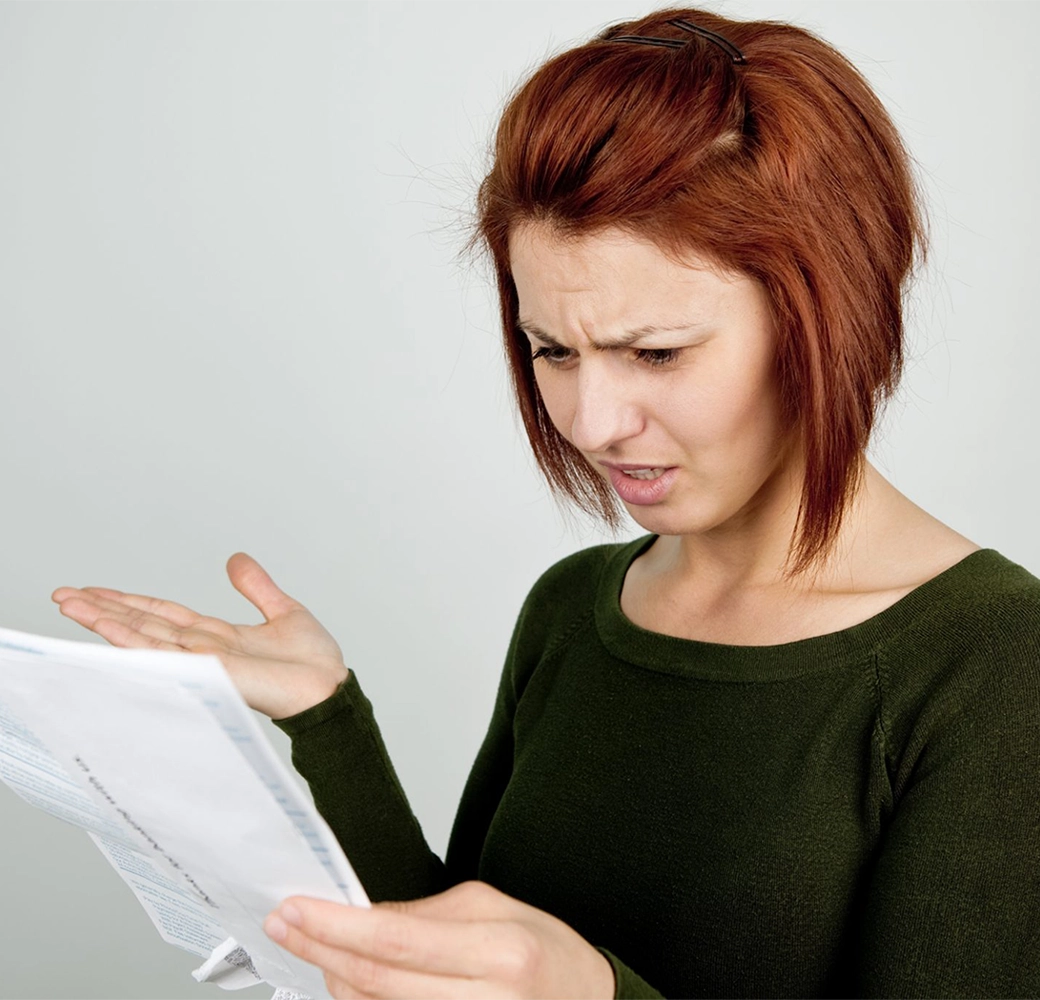The holiday season is here, which means lots of shopping—and swiping! But, it’s important to be mindful of your spending and avoid costly mistakes that could dampen your holiday cheer. Credit card late fees are a common financial stressor, especially with increased credit card spend during the holidays. Below, we discuss the consequences of late payments, late fees, and how to avoid them—and enjoy worry-free holiday shopping.
What is a late fee?
Credit card late fees are issued if the minimum payment isn’t paid on time. Your minimum payment is separate from your statement balance, which is the amount spent during your billing cycle. Minimum payments vary—if you owe a lot (say, over $1,000), it’s usually around 2% of your balance. If you owe some, it’s often a fixed amount of around $25 (but varies between cards).
Late fees typically cost between $15 to $35 and are usually reflected on the following billing statement. Check your card’s agreement to determine the late fee and when it’s applied.
What happens when you miss a payment or make it late?
You’re charged a late fee
Your credit card company will issue a late fee if you miss your minimum payment. $15 or $35 may not seem like a huge deal, but if you have a smaller balance, that could cost as much as a full year of interest.
Late fees can also increase with each missed payment. For example, you slip up and make one late payment. Your credit card company then charges you $30 for that missed payment. If you make a second late payment, your credit card company could charge another late fee that’s even higher than the first.
Your interest rate could increase
Credit cards already charge higher interest rates compared to personal loans. The average credit card interest rate right now is around 22%. They also have a penalty APR, which is the rate charged if you violate a card’s terms—like making a late payment.
Your interest rate could be raised to the penalty rate—as high as 29.99% APR—if you’re more than 60 days late. This rate can also last as little as six months—federal law requires your credit card issuer to review your account after you make six consecutive on-time payments.
Your credit could take a hit
Late payments are added to your credit history, which can affect your credit score. A late payment of more than 30 or 60 days is reported to the credit bureaus and reflected on your credit report. This can stay on your credit report and affect your score for up to seven years—which could keep you from getting a better interest rate or prevent you from buying a house or a car.
What to do if you miss a payment
As soon as you realize you missed your credit card payment, pay your bill immediately (at least the minimum due) so it won’t affect your credit. If it’s your first time, call the credit card company to see if they can waive the late fee. Explain why you paid late, refer to your payment history, and how long you’ve been a customer. Usually, credit card companies are willing to work with you if you’re in good standing (making on-time payments, not maxing out your credit limit, etc.).
After, think about why you missed your payment. Did time slip away and you simply forgot? Or did you blow your budget this month and avoid reviewing your statement altogether? (Which we don’t recommend.) Either way, evaluate what happened and take the steps to ensure you don’t make the same mistake again.
How to avoid late fees
Automatic payments are the easiest way to avoid late fees. You can set up automatic payments with your credit card issuer for the minimum payment, statement balance, or a fixed amount (at least the minimum due). Remember that your checking account needs enough funds to cover the autopay amount. Most credit card issuers will still deduct the automatic payment if you make extra payments.
If the idea of automatic payments makes you uneasy, there are other ways to ensure you don’t miss another credit card payment. Set up an alert on your calendar a few days before your payment is due. If you need an extra reminder, add another one for the day before.
Or, if you struggle to make payments because your due date falls at an inconvenient time (for example, before payday instead of after), consider changing your payment date. You can do this online or by calling your credit card company.
Bottom line
Late fees can be a major pain, but they’re avoidable if you use your credit card responsibly. By following the above tips, you can work to avoid late credit card payments (and fees!) and keep your finances in check during the holiday season and beyond.


